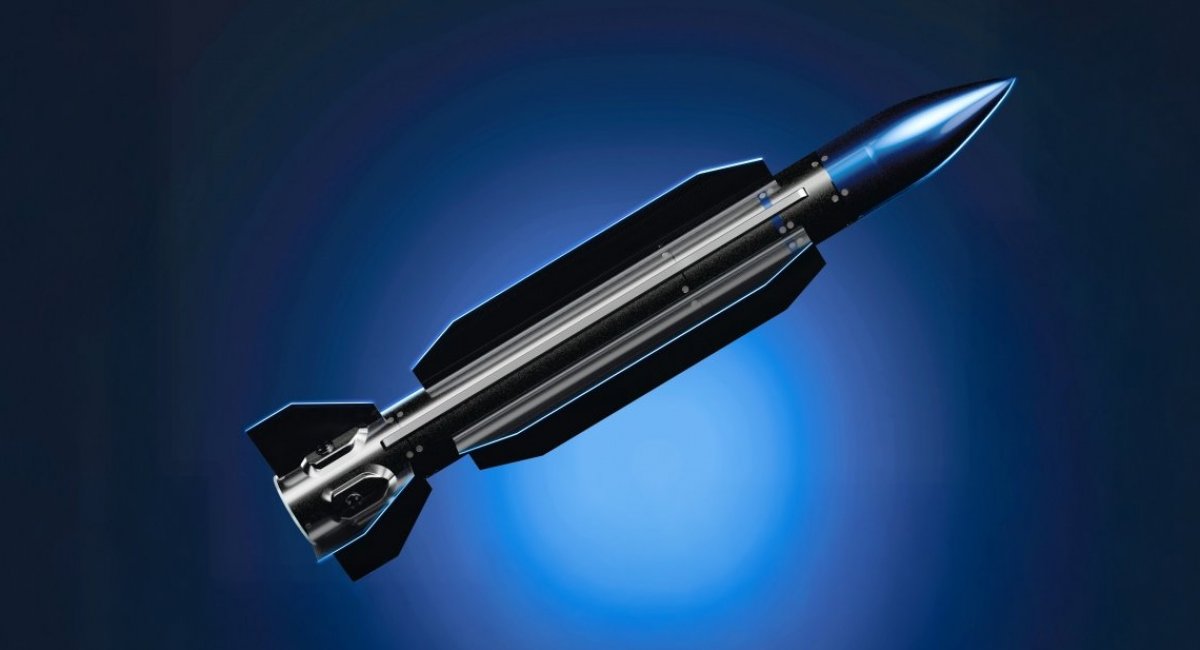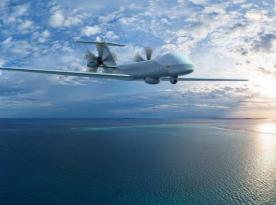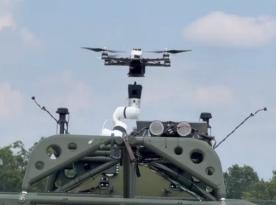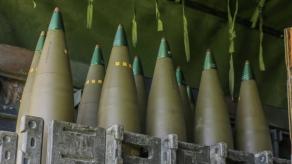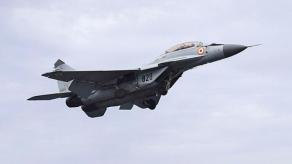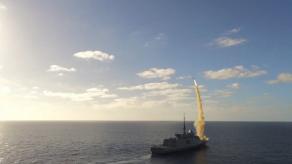AeroVironment (AV) announced it has won a sole-source contract to continue development of an anti-drone surface-to-air missile for the U.S. Department of War under the Next-Generation Counter-Uncrewed Aerial System Missile program.
It's worth noting this is not an unknown firm: the award reflects the recent merger of AeroVironment famous for its Switchblade loitering munitions and Puma reconnaissance UAVs and BlueHalo, a specialist in counter-drone technologies.
Read more: V2X Unveils the Tempest: Low-Cost Mobile Air Defense System Inspired by Ukraine's Experience
In fact AV received the contract at the start of 2025 but only made it public now at the AUSA exposition in Washington, Janes reports. That makes AV the sole participant in the NGCM missile program and effectively signals the Pentagon's choice of the future supplier.
The outcome also means AV's only major rival, Raytheon, has dropped out with its Coyote 2 interceptor a design evolved from an anti-drone air-to-air drone so beating that competitor is notable.
AV's NGCM entry is the Freedom Eagle, FE-1, originally revealed in 2023 and a product of BlueHalo's work. Its first test launch took place in January 2025.
Technical details of the FE-1 remain vague. Range is described only as SHORAD (short range); dimensions and warhead size are not disclosed. AV says the missile can engage drones up to 600 kg flying at altitudes up to 5.5 km. The guidance method is not revealed either. The company touts a low price as an advantage, which may imply FE-1 does not use an active radar seeker like Raytheon's Coyote 2. Whatever the technical tradeoffs, the Pentagon evidently prefers AV's solution over Raytheon's.
AV had previously said it would hold a full FE-1 demonstration in the third quarter of this year. That quarter ended in September with no public announcement of such a demo; given AVs later disclosure of program progress, it’s possible demonstrations or further updates will be announced at a later date.
Read more: Boeing Plans Produce 650–700 MSEs in 2025, Over 3,000 by 2030 to Strengthen Global Patriot Defenses




